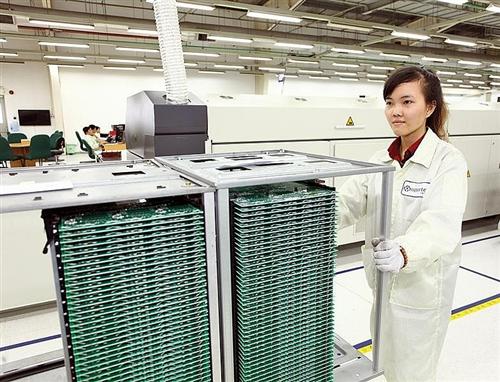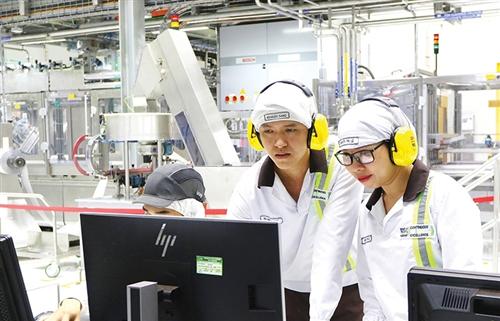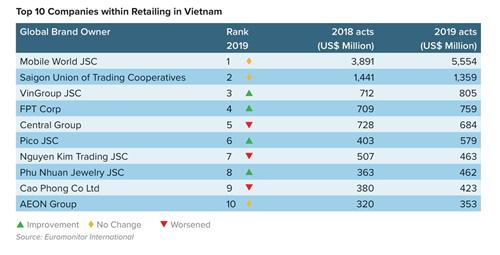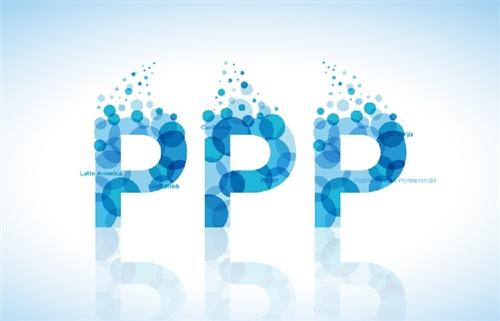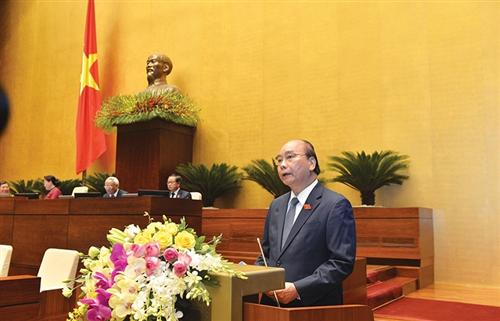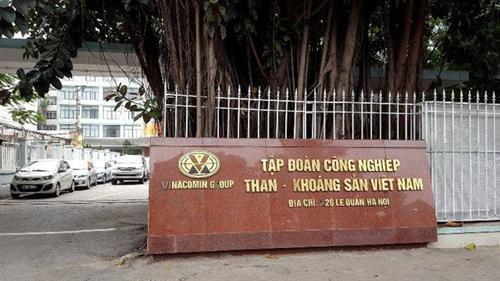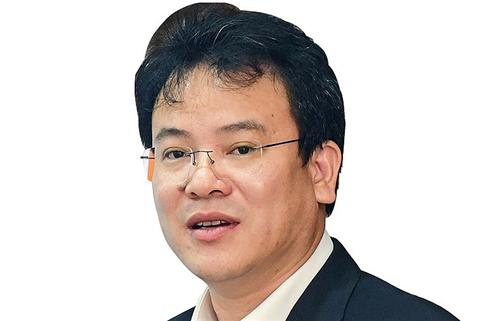Proposal to halt M&A a question of fine balance
Proposal to halt M&A a question of fine balance
Just a few days ago, Tiki and Sendo struck a hundred-million dollar deal that could redraw the landscape of the entire e-commerce industry, highlighting that the mergers and acquisitions market remains vibrant – which the Vietnam Chamber of Commerce and Industry would temper through a new proposal to delay for a while.

Proposal to halt M&A a question of fine balance, illustration photo
|
Two local e-commerce platforms Tiki and Sendo finally reached the merger deal they have been negotiating for nearly a year, according to newswire DealStreetAsia.
The move comes in the context of powerhouses being born in e-commerce, with Lazada backed by Alibaba and Shopee by Singaporean tech giant SEA Group.
A VIR source revealed that the merger talks have been going since August, but only the leaders of the two companies knew of the details. As a result, the news took most shareholders by surprise.
Tiki and Sendo have yet to issue a public comment about the issue, with Sendo previously even denying the partnership and dismissing it as rumour. “We do not wish to comment on rumours going around in the market,” a company representative said.
Last week, Vietnam saw two deals of undisclosed value, reflecting the continued interest of foreign buyers.
One of the deals was Japanese real estate group Haseko Corporation reaching an agreement to acquire a 36 per cent stake in Vietnam-based construction firm Ecoba. The two sides both hold strong positions in their respective markets and this partnership offers great mutual benefits. Haseko is one of the leading condominium contractors and development corporations in Japan with total assets of up to $6.8 billion, holding 10 per cent of existing apartments in Japan, while Ecoba holds several large projects across Vietnam.
The other deal was announced by Auxesia’s Vietnamese team (the exclusive financial advisor) which successfully closed an M&A deal in the paper sector.
This momentum would be arrested by the Vietnam Chamber of Commerce and Industry’s (VCCI) proposal to halt M&A deals involving foreign buyers for the duration of the health crisis.
Pham Duy Khuong, director at SB Law and ASL Law, told VIR, “There is no legal instrument that allows the state to order private enterprises to stop implementing M&A deals.”
“A recommendation that is not based on specific legislation can easily lead to unnecessary complications if the seller is desperate to sell a project and the buyer is just waiting for an opportunity to take over the project,” he added.
The VCCI proposal was made at the recent meeting between the prime minister and the business community. It is aimed to protect domestic companies and aims to increase scrutiny of foreign investments during the crisis as in the first four months of the year 2020, the number of capital contribution deals and share purchases by foreign investors increased by 33 per cent on-year, reaching more than 3,210 instances.
Although a final decision has yet to be passed, it caused concerns among both buyers and sellers over the fate of deals currently being negotiated. In the year so far, the Vietnamese M&A market witnessed steady growth, with foreign investors surging to grab a slice of this market of 96 million.
Samuel Son Tung Vu, lawyer at consultancy firm Bae, Kim & Lee Vietnam, recalled that in the last decade, M&A in Vietnam has been on an upward trend. Prior to the COVID-19 pandemic, there were record-breaking deals bringing tremendous foreign capital into the Vietnamese economy, such as KEB Hana Bank’s $880 million investment in BIDV.
Vu is of the opinion that the VCCI’s proposal may not be suitable with Vietnam’s long-term goal of attracting foreign investment. “The legal framework already provides mechanisms for the Vietnamese government to control, approve, and supervise the flow of foreign investment. Such authority and power to review foreign investors have been mandated to specialised ministries and provincial-level departments,” he said
According to Tran Quoc Phuong, Deputy Minister of Planning and Investment, the ministry has cautioned about recent signs of foreign investors buying up well-positioned Vietnamese businesses at the cheap, especially those struggling financially during the crisis. He said that it is difficult to make policy changes to completely block foreign takeovers, which might be against market and business rules as well as Vietnam’s current international commitments.
|
Vo Ha Duyen - Chairwoman, VILAF
More pressure on the M&A market is more likely to hurt than benefit the economy. The question is what would be better for business and the economy: allowing troubled businesses to accept capital from larger investors or restricting capital flows and letting them go insolvent. Three major trading blocs – China, the European Union, and the United States – have recently reacted with protectionist measures due to the COVID-19 pandemic. But this protectionist trend has been apparent for quite some time – the pandemic only pushed that trend up a notch. Unlike the EU and the US, and similar to other emerging Asian countries, Vietnam relies heavily on exports, technology transfer, and inbound investment. Adopting a protectionist stance goes straight against the trend of international economic integration through the trade agreements which is has adopted or is negotiating. That being said, there may be benefits to protecting assets which are critical or sensitive from a national security perspective, such as telecommunications systems developed by state-owned enterprises and certain border land and sea areas. Warrick Cleine - Chairman and CEO, KPMG Vietnam and Cambodia
Vietnam has been on the path of opening up its economy for a long time now. This includes encouraging foreign investment into Vietnam and encouraging Vietnamese companies to invest internationally. Vietnam has also made some commitments in its trade and investment agreements to support these goals. These policies have contributed to Vietnam’s growth, created jobs for Vietnamese people, and generated tax revenues, and so on. We need to make sure any changes made now do not conflict this progress. Sellers of companies should have the right to sell to the investor that can offer the right price, protect jobs, and ensure the future of the company. This outcome is best for the country. If we restrict the options available to sellers, then we might actually get a worse outcome than we desire. |






